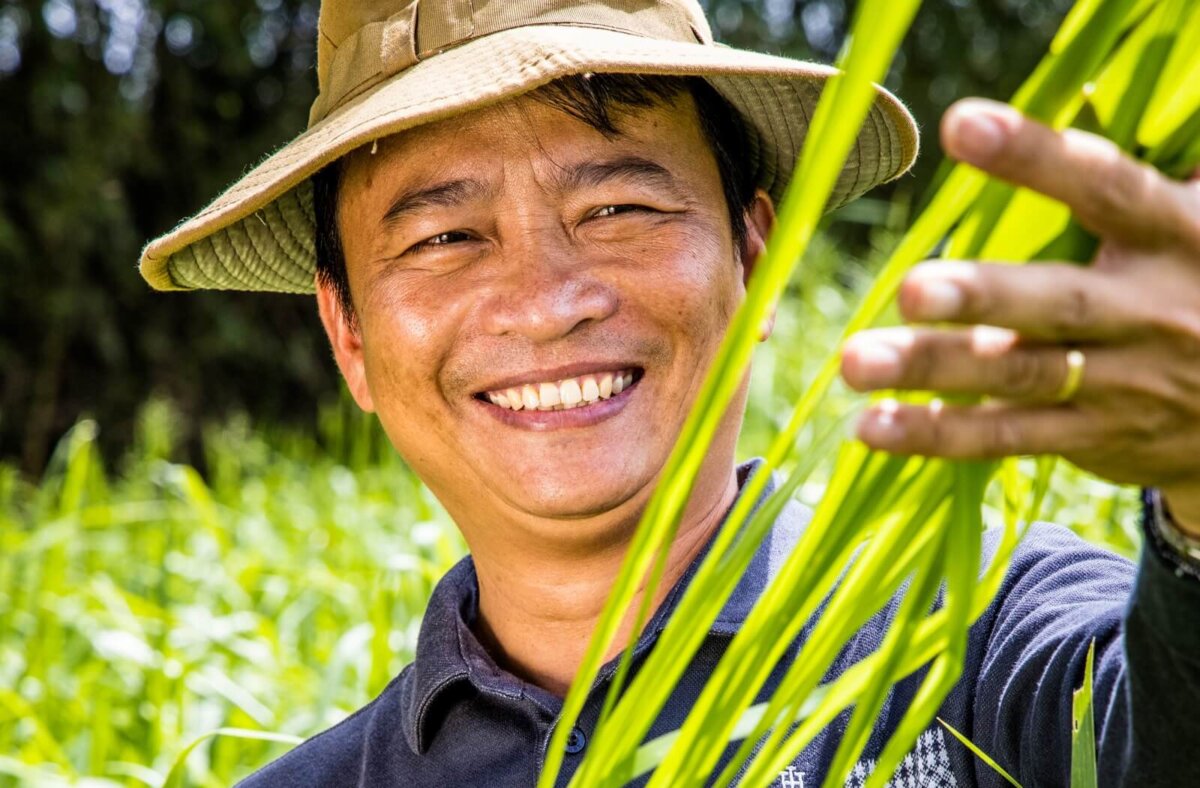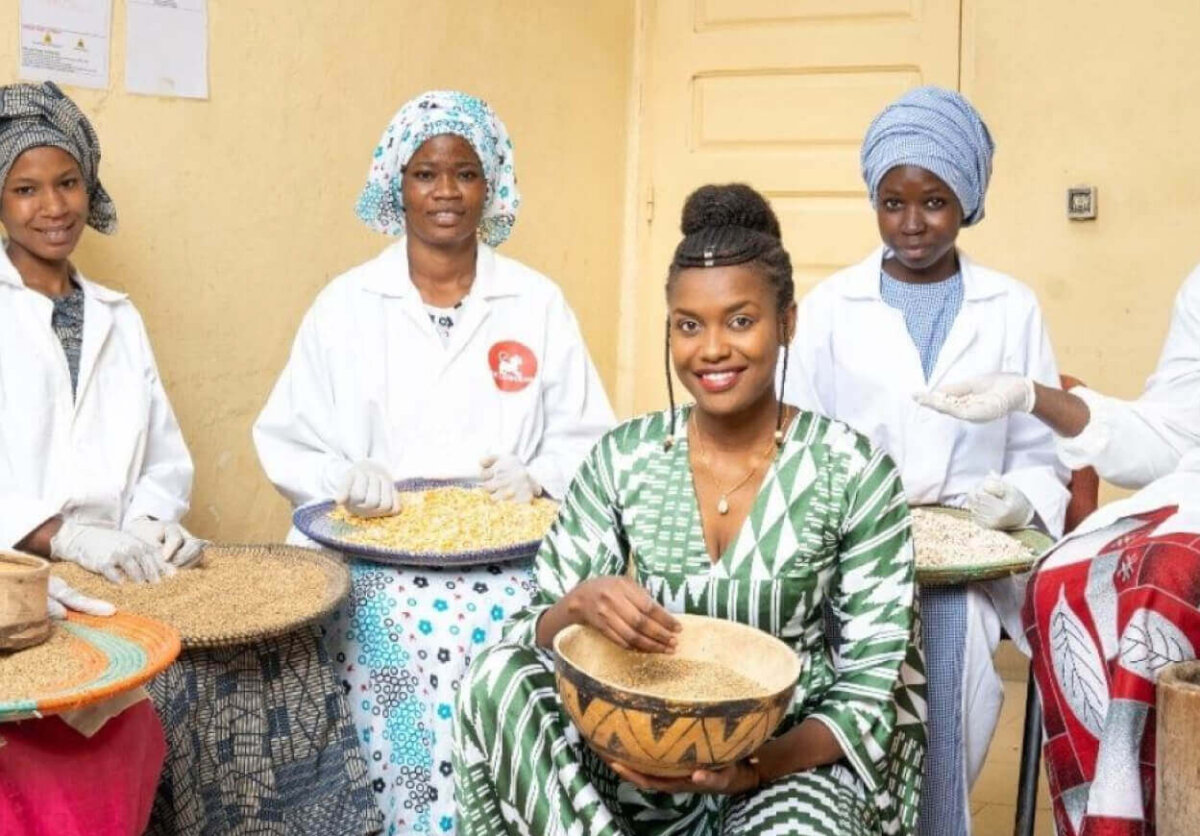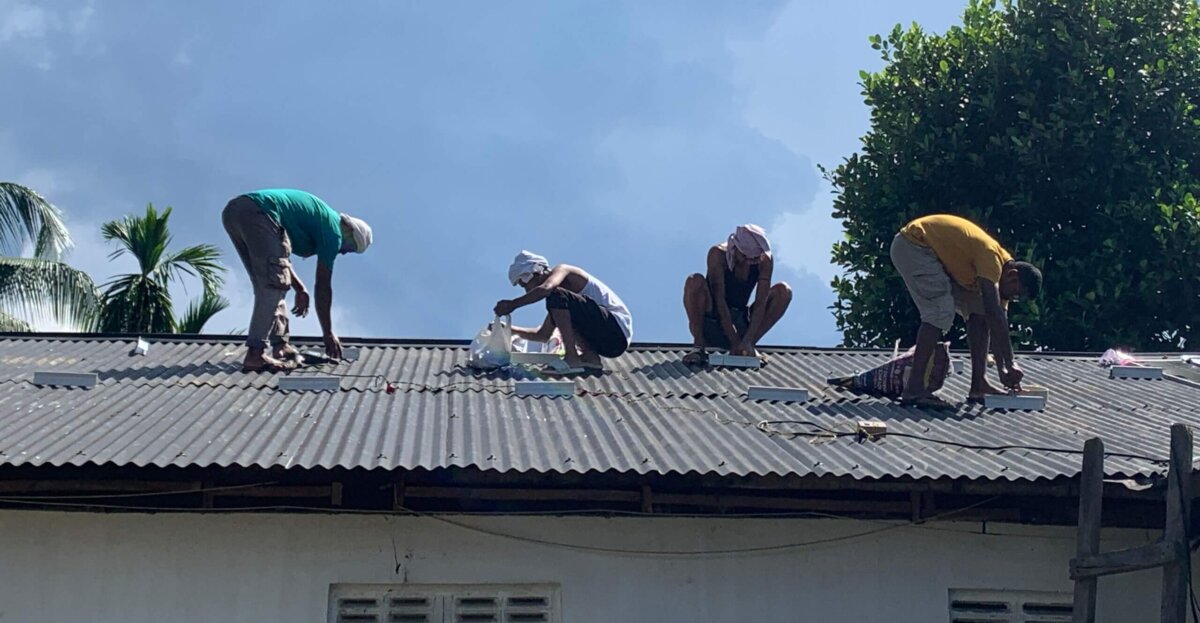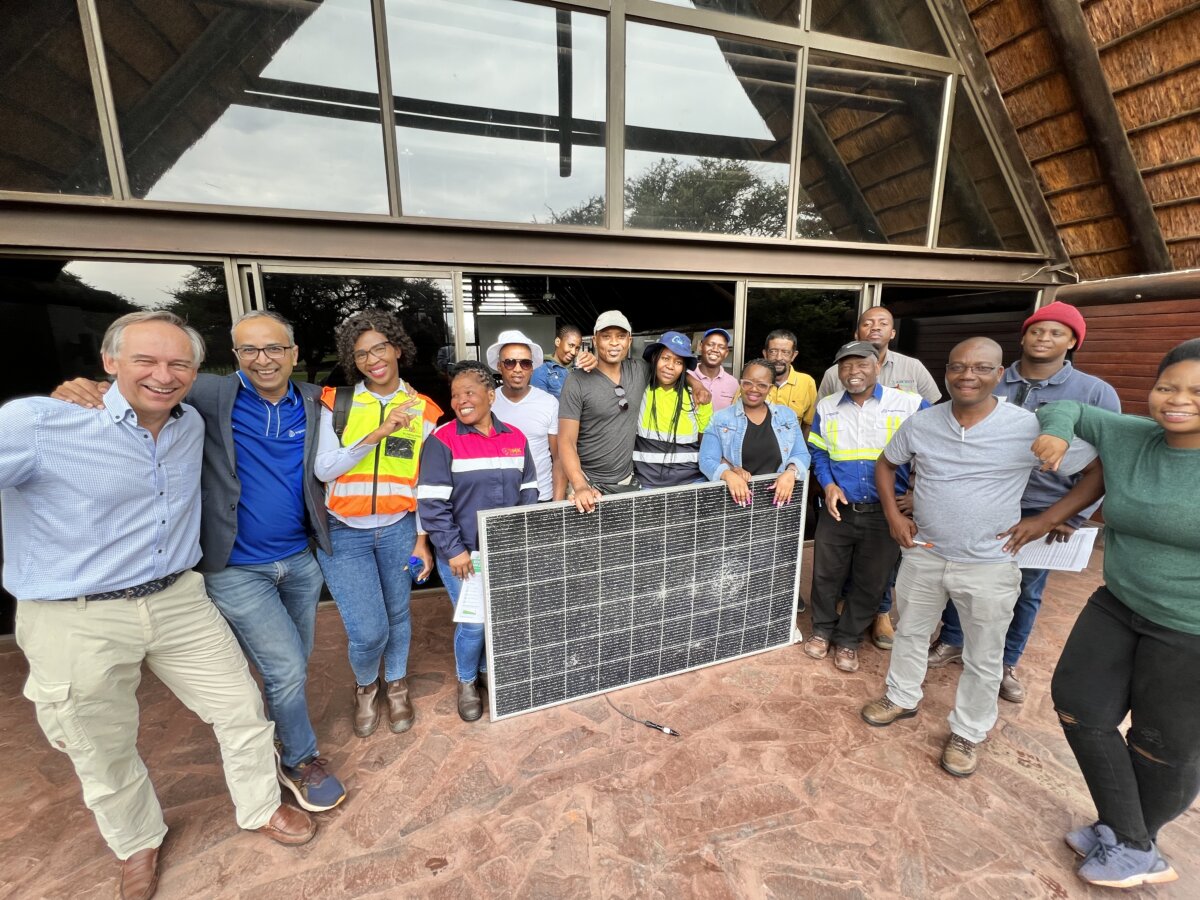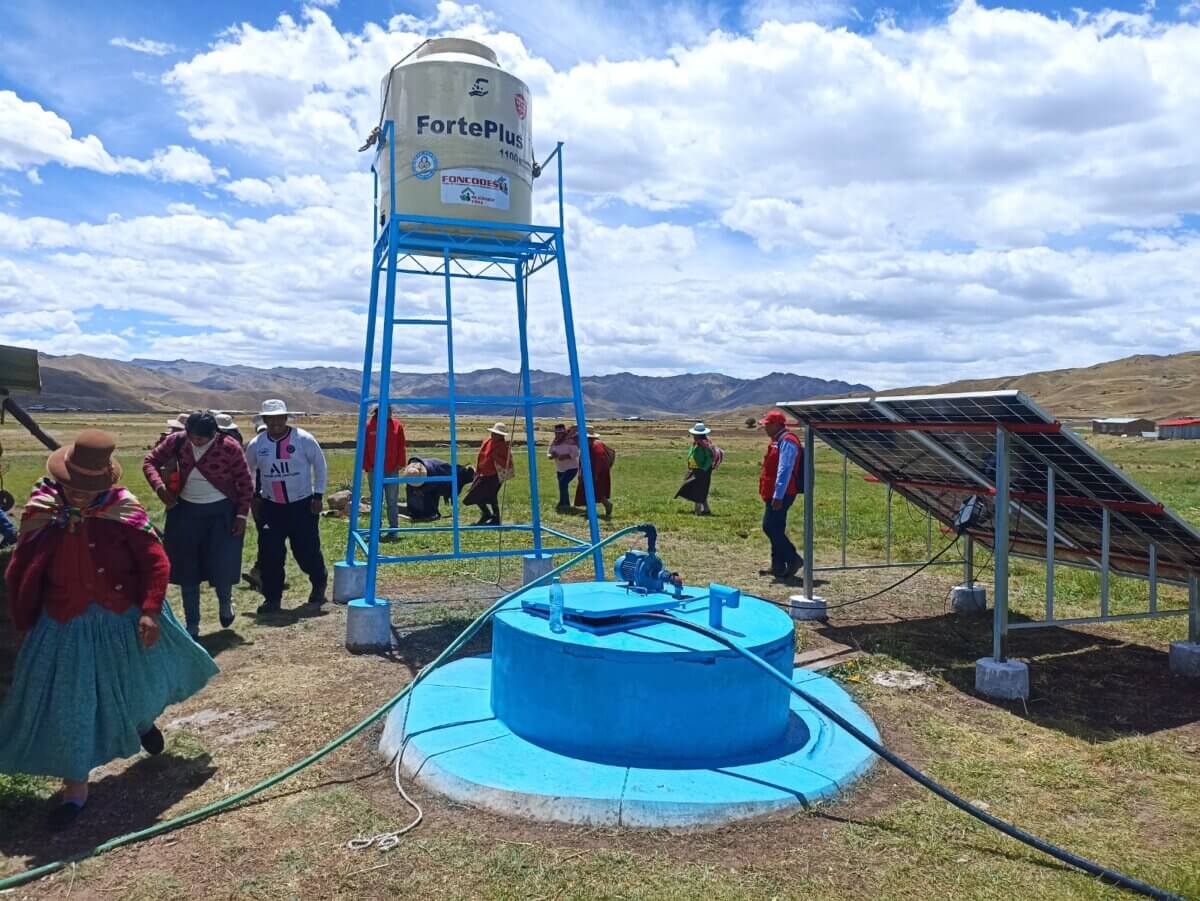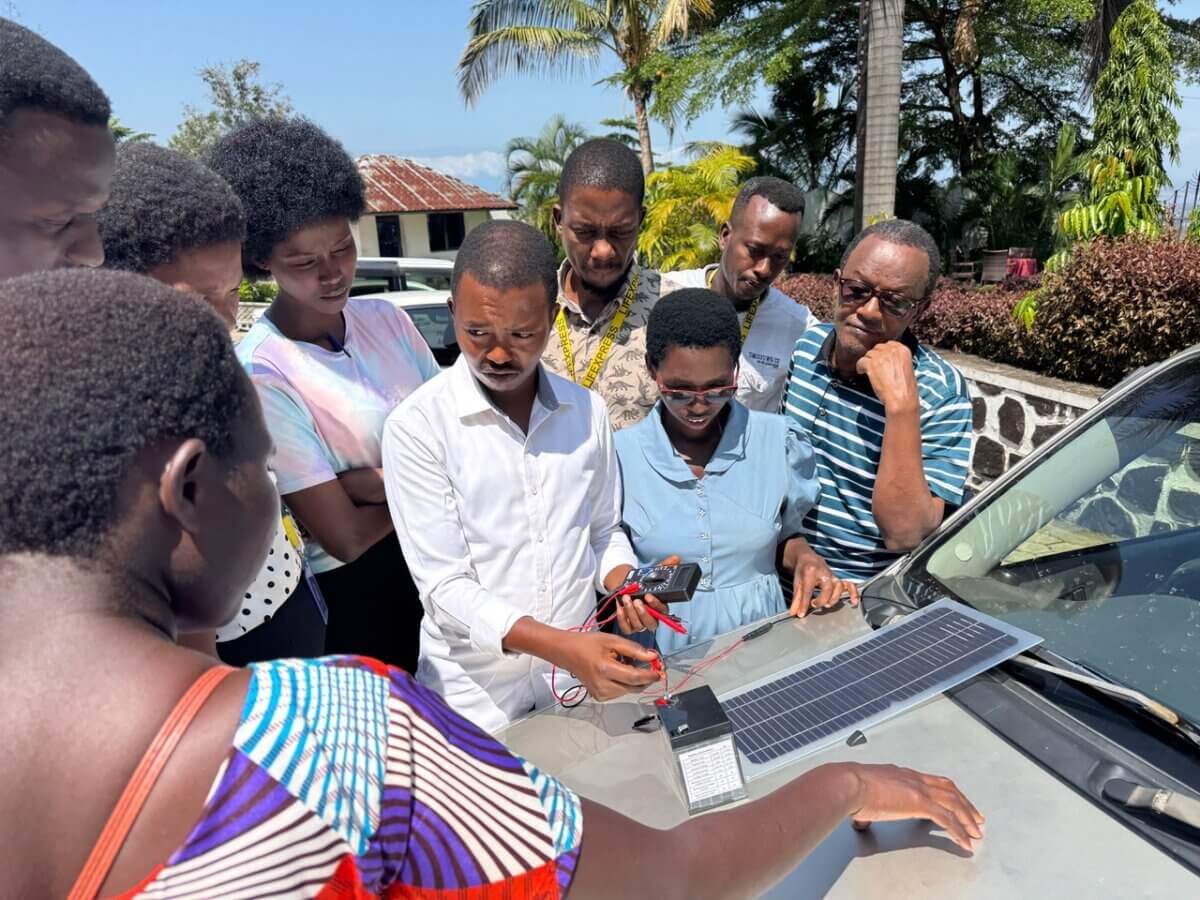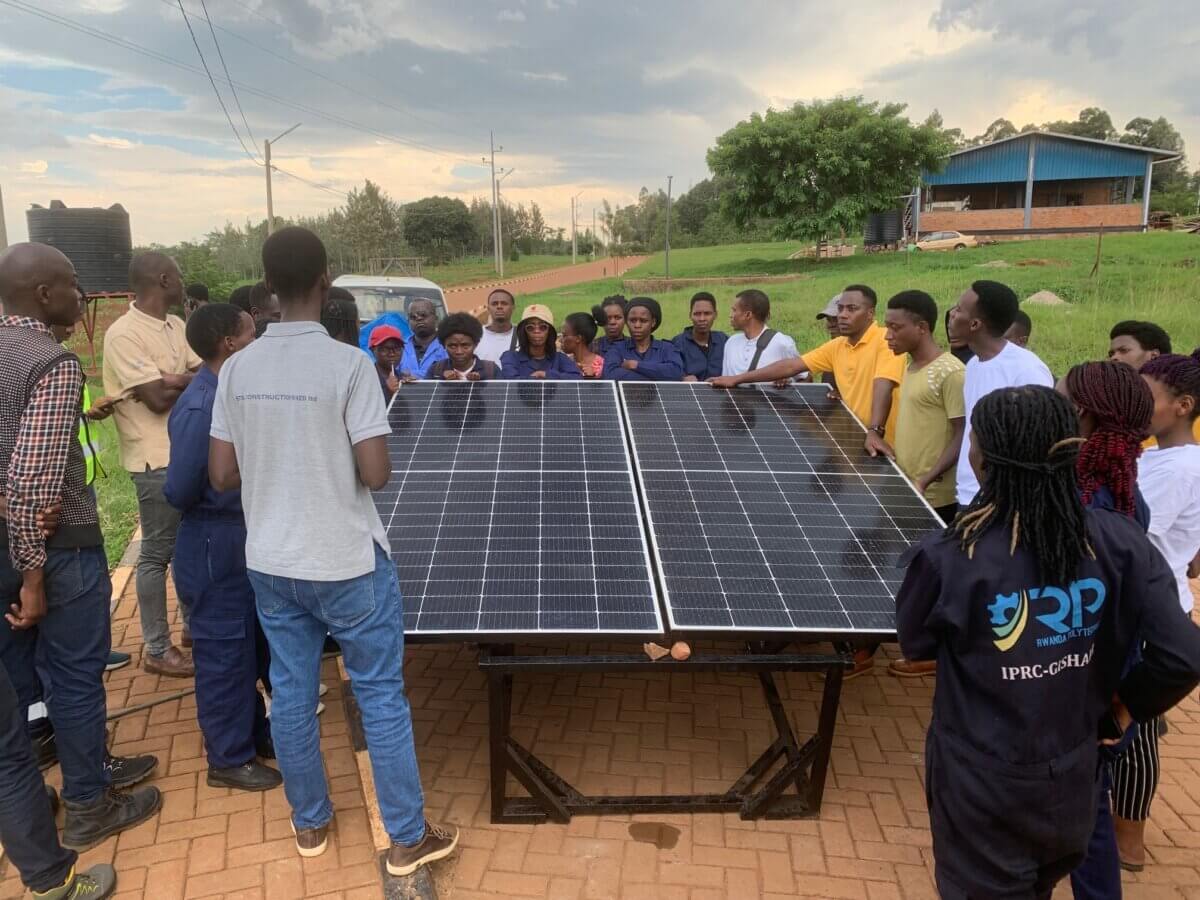Affordable and reliable energy is often essential for further development and improving living conditions. At the same time, the impact of fossil fuels on global warming drives the urgent need to transition to renewable sources. In the coming decades, fossil fuels will increasingly be replaced by sustainable energy such as solar, hydropower, wind, biomass and geothermal energy.
Our goal is to accompany SMEs and organisations in having access to affordable and reliable energy, and in replacing fossil energy with sustainable energy.

